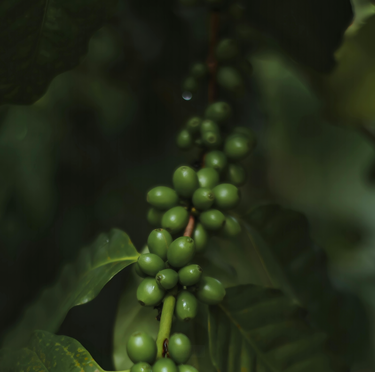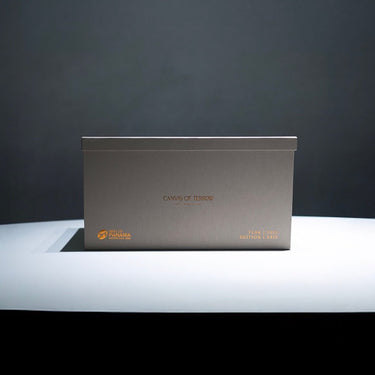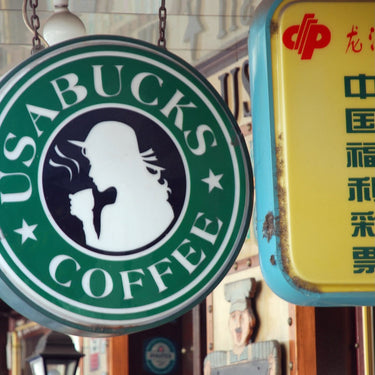TRADITIONAL
Nº 315 Nicaragua Matagalpa
Country: Nicaragua
Process: Washed
Grown / Region: Mataglapa
Altitude: 1300-1600 masl
Varietals: Mixed
Producers: Small holders
Tasting Notes: Molasses, Roasted Almond, Ganache
Roast Level: Dark 5/5

Farm Notes:
The country of Nicaragua has been plagued by political unrest for many decades and has also suffered from numerous natural disasters. This combination has hampered the coffee industry, decimated the countryside, and displaced many coffee farmers and workers.
Today, Nicaragua is the largest yet most sparsely populated country in Central America, and it remains one of the poorest in the Western Hemisphere. However, significant strides are now being made in both social welfare and coffee production through rural development. Innovative farmers with a collective vision have begun to push for and promote the quality of coffee coming out of the area. With help from the creation of the Nicaraguan Specialty Coffee Association and programs such as the Cup of Excellence, awareness of both specialty and commercial-grade coffees has grown significantly.
Coffee cultivation is concentrated in the highlands of Matagalpa and Jinotega—areas known for their ideal humid, tropical forest climate and volcanic soil. The industry in Nicaragua is divided among large single estates, cooperatives, and small growers' associations. Most producers follow the traditional washed method for processing coffee cherries, though some farmers have begun experimenting with natural and honey processing methods.
Nicaragua has faced decades of political unrest and natural disasters, which have severely impacted its coffee industry. Despite being the largest country in Central America, it remains one of the poorest. Today, efforts to improve social welfare and coffee production are underway. Coffee is mainly grown in the highlands of Matagalpa and Jinotega, with production split between large estates, cooperatives, and small growers. While the washed method is most common, some farmers are exploring natural and honey processing techniques.
DISCOVERY
Nº 316 Uganda Clarke Farm
Country: Uganda
Process: Washed
Grown / Region: Katambale, Kyenjojo District
Altitude: 1250 masl
Varietals: Mixed
Producers: Small holders
Tasting Notes: Cassis, Assam Tea, Dark Chocolate
Roast Level: Medium 3/5

Farm Notes:
Clarke Farm is an eco-friendly coffee estate situated in Katambale, in the Ugandan district of Kyenjojo. Dr. Ian Clarke, who has lived in Uganda for 35 years—originally opening hospitals, medical centres, and a university—began to notice the positive impact that improving coffee operations could have on the local population.
Dr. Clarke says he is doing this through two main focuses. The first is establishing a commercial hub with coffee facilities that demonstrate good agricultural practices. This setup is providing employment for over 600 men and women from local villages.
The second area of focus is Arabica coffee from the hills of the Rwenzori Mountains in eastern equatorial Africa. Having a network trained in good coffee practices and agronomy is crucial at this stage, to ensure that only the ripest cherries are harvested and purchased at a high price for the farm. This helps farmers earn more from their cherries and encourages good agronomy, which in turn improves harvest yields.
In addition to buying cherries from local farmers, Clarke Farm also cultivates a few hectares of its own Arabica. They grow macadamia, eucalyptus, maize, potatoes, mangoes, and oranges, and have planted indigenous trees to restore a small forest. They have also stopped the felling of a neighbouring forest by charcoal makers. Among the coffee plants, they aim to provide 30% shade with the new trees.
Clarke Farm is a sustainable coffee estate in Kyenjojo, Uganda, founded by Dr. Ian Clarke to support local communities. It employs 600+ locals, promotes good farming practices, and sources high-quality Arabica from the Rwenzori Mountains. The farm also supports reforestation and environmental protection. This washed-process coffee Known as a WUGAR is part of our Discovery selection—a return to a place focused on impact.





